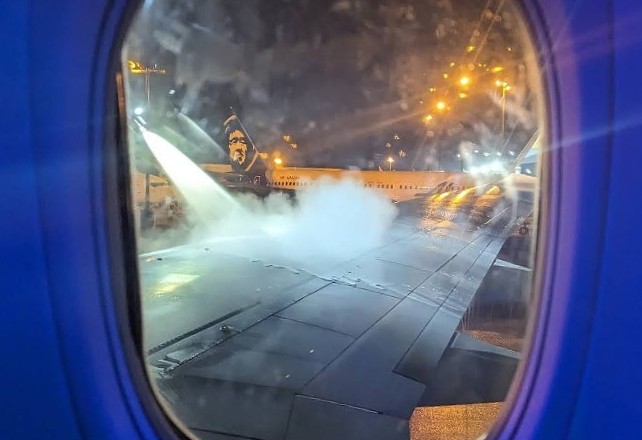
In the eighth lecture, "Exploring the Planet," of Patrick N. Allitt's Teaching Company course The Rise and Fall of the British Empire, the danger of suppressing fires is mentioned in the context of the British discovery and eventual colonization of Australia. Allitt says that when the 18th century British explorer Captain James Cook and his crew first made contact with the natives of that continent, it was noticed that they carried fire sticks with them "everywhere they went."
Allitt then adds:
We now know that they [the natives] used fire as one of their hunting techniques. Later on, when the whites who settled in Australia tried to suppress fire and that led to a build-up of fuel and periodic catastrophic conflagrations. In other words, there was a pragmatic virtue to constantly setting fire to the countryside from fear that if you didn't you would have much worse fires later on.
It is true that wildfire management of the kind once practiced by the natives of Australia has its virtues, and that these cultural techniques can also be meaningfully applied here in the US, as a "40-year experiment in a 40,000-acre valley of Yosemite National Park" made very clear. But the vogue these days is to talk about fire suppression as the real villain of the smoke that has taken some life out of all of our lungs over the past two weeks. It's as if this is all that needs to done. Better management of the fire, or, even worse, if you are Cliff Mass, to simply accept the fact of smoke as a part of the region's old normal made new again. Such talk only says continue on as if nothing else needs to be done. People really want to hear this story (no need to change your life), which explains the popularity of the fire suppression theory (we will change how we manage forests).
But there is no such good news or easy path available to the real and pressing crises of climate change. And if anyone tells you there is, know it is a lie. We have been spewing carbon with total abandon into the atmosphere for over a hundred years. All of this has a galactic cost. The world has never known anything like the full price of petrol or coal. Fossil fuels have been unrealistically cheap. So, to point solely to the evils of fire suppression and to ignore the trillions upon trillions of dollars of socialized waste that's now in the sky, and now changing the climate, is pure madness. Even the smoke that covered our city is nothing like the scale of the global problem. It is a hyperobject that cannot be revered or addressed without the massive transformation of the world economy, and, consequently, the total transformation of your life: how you eat, how you live, how you move.
(To make more full sense of this Allitt role in this post, please read this and this and this.)















